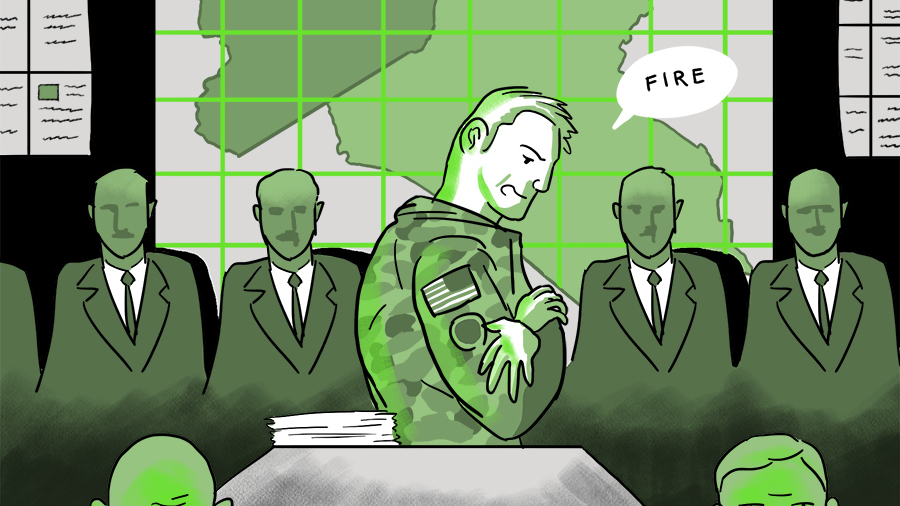- Admin
- #1
Offline
Interesting read from NPR...

 www.npr.org
www.npr.org

How The U.S. Hacked ISIS
In 2016, the U.S. launched a classified military cyberattack against ISIS to bring down its media operation. NPR interviewed nearly a dozen people who lived it.
